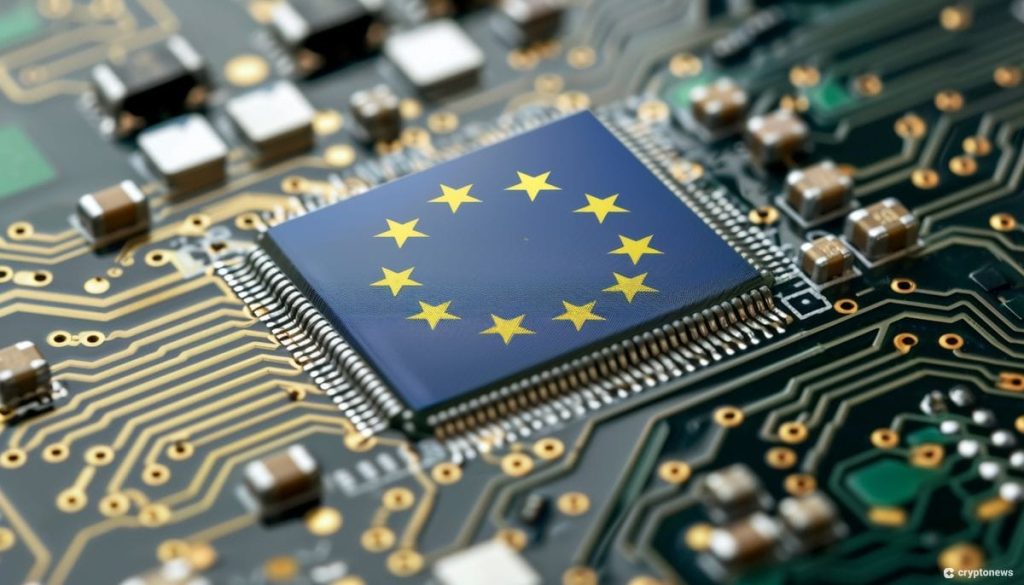ECB executive board member Piero Cipollone has voiced concerns that Apple’s current iPhone payment system may not support offline payments for a potential digital euro. In a letter to EU antitrust chief Margrethe Vestager, Cipollone highlighted that Apple’s proposed commitments only allow for the usage of Host Card Emulation (HCE) and do not provide full access to the secure element (SE) in iPhones. This limitation could impact the authentication and transaction speed of a digital euro.
Cipollone emphasized that Apple’s proposals do not ensure a fair level playing field for third-party payment solutions, particularly for in-store payments with iPhones. He pointed out that the limited access to near-field communication (NFC) technology on iPhones could hinder user-friendly payments for a potential digital euro. The economist also noted limitations in the EU’s antitrust investigation into Apple, which did not address the NFC access issue.
The proposed digital euro regulation by the ECB requires device manufacturers and electronic communication service providers to offer fair, reasonable, and non-discriminatory access to the secure element in their devices. This access should be unrestricted and not dependent on mobile operating system applications to ensure user-friendly digital euro payments on mobile devices. The European Commission has released draft laws outlining the groundwork for the digital euro and preparing necessary legislation for potential issuance.
In late 2023, the ECB initiated a two-year preparatory phase for the digital euro, which involves finalizing regulations, selecting private-sector collaborators, and conducting testing and experimentation. The ECB is pushing for open access to phone security chips for the digital euro to ensure seamless and secure payments on mobile devices. While Apple has not responded to requests for comment on Cipollone’s concerns, the issue of limited NFC access on iPhones remains a key friction point for the potential implementation of a digital euro.
The potential impact of Apple’s current iPhone payment system on the digital euro has raised concerns among ECB officials and regulators. Cipollone’s letter to EU antitrust chief Vestager highlights the need for Apple to make changes to its iPhone payment system to support offline payments for a digital euro. The issue of limited NFC access on iPhones poses a challenge to ensuring user-friendly and secure digital euro payments on mobile devices. As the ECB moves forward with preparations for the digital euro, addressing these technological limitations will be crucial for the successful implementation of a digital currency in the European Union.












